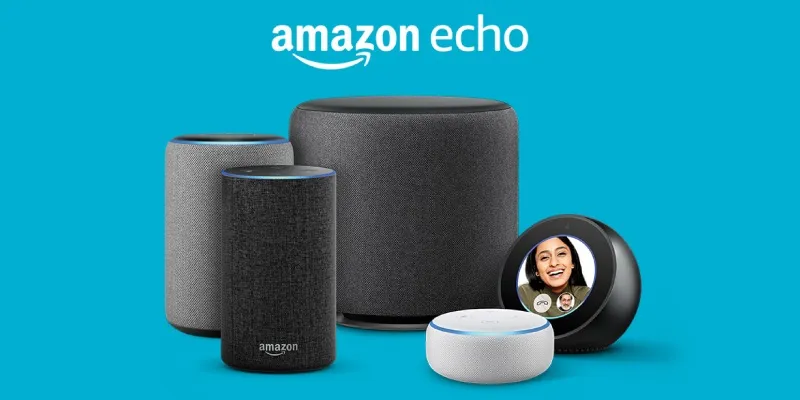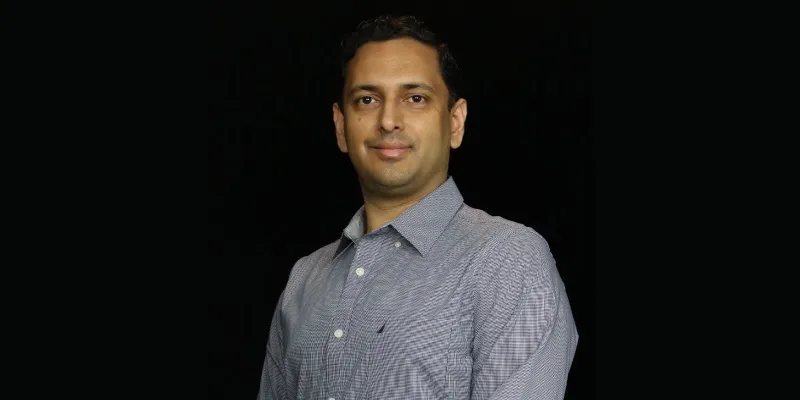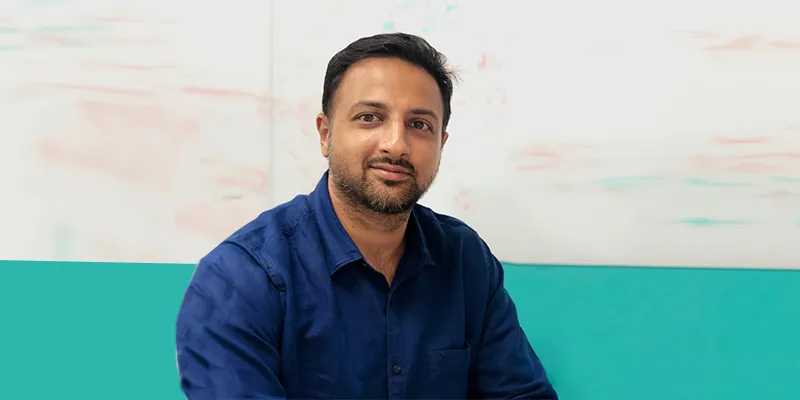One year on, Alexa is the new ‘Desi Girl’
The still-nascent voice assistant market in India is witnessing an intense competition. To win this game, Amazon has been aggressively adding new desi features to its Echo devices. And proof that it’s working - it gets asked “Alexa, will you marry me?” thousands of times each week!
Today, Amazon's virtual assistant Alexa completes a year in India.
Over this one year, this virtual assistant has learnt to understand Indian accents, and even languages, assimilating herself into Indian homes. To absorb the ethos of the country, she listens to users’ questions and even voices, to throw up quick answers.
[Also read: User review - Is the Amazon Echo too smart for its own good?]

Despite her still nascent stint in India, she has firmly integrated herself in many Indian homes. Over this year, Alexa has acquired 20,000 skills to serve Indian customers – with over 10,000 skills added over the course of the year. Skills are voice apps on the platform. So, while say, Ola, Zomato and IndusInd Bank might have their own apps, they also have their ‘skills’ on it.
‘Indianised’ skills on Alexa range from regional newscasts like Malayala Manorama, Dainik Jagran, sports like IPL, devotional skills and even official skills by Sadhguru and Sri Sri Ravi Shankar. The voice assistant has integrated ‘skills’ like taxi aggregators, travel, recipes and comic books for children, says Puneesh Kumar, Country Manager – India, Alexa Experience and Devices.
Dilip R.S., Country Manager, India, Alexa Skills, says, “Children are increasingly talking to her, and thus nursery rhymes have been a popular demand in India.”
He adds that the Echo, being a household device, has seen a lot of traction from children. “We made sure that children would be a protected category, and we launched an entire category in July where parental consent would be a must before a child can use it. The category has more than 300 skills like Amar Chitra Katha, Suppandi, Shambu, and famous YouTube channels for rhymes, etc,” says Dilip.
Also Read: Is the Amazon Echo too smart for its own good?
Puneesh says that the virtual assistant gets millions of utterances every week, and a majority are on music. Arijit Singh and Shape of You are the two top demands from India, adds Dilip.
The Echo devices were launched last October in India. “From October 2017 to February 2018, Echo devices were sold to invite-only customers. From February 15, we launched the general availability of devices. Initially, we launched three devices – Dot, Echo and Echo Plus. Then we launched new Echo Plus and new Echo Dot,” Puneesh adds.

Amazon has also partnered with third-party manufacturers who sell Alexa-enabled devices costs between Rs 1,500 and Rs 20,000. Alexa is available on Android and iOS phones. “We are not forcing people to buy Amazon devices. By enabling Alexa open for third-party manufacturers, people have the choice to select which devices they buy,” Puneesh explains. The Echo devices cost between Rs 4,500 and Rs 14,999, with the Echo Dot being the most popular device in India.
While Amazon works with large brands, it is also working with the developer community to educate and train them to build skills for different use cases specific to India. “There are hobby developers, professors, students who want to build skills, and may build a business on it. We conduct webinars, hackathons, workshops to educate and train them to develop skills. In India alone, we have signed up 40,000 developers and they are at various stages of developing skills. One of the youngest developers is a 13-year-old student building a skill on a hobby project,” says Dilip.
The government too has now warmed up Alexa and is keen on having a few skills on the platform. Last month, Col Rajyavardhan Rathore (Retd), Union Minister of State (Independent Charge) for Information and Broadcasting and Sports and Youth Affairs, launched All India Radio’s streaming services on Alexa Smart Speakers.
On the increasing popularity of voice, Puneesh says, “If you provide any service, the voice is the most natural way to connect with customers.” He adds interaction through voice is simpler than interactions through an app on a smartphone.

In fact, the popularity of the voice assistant is such that it gets asked, “Alexa, will you marry me?” at least once every second minute! What’s more, India says, “I love you” to Alexa at least once every minute.
After sales service
All devices come with a warranty of one to two years. Alexa is on the cloud and hence there is no need for customers to upgrade their device or software. There is also no issue of storage of apps or to delete some apps, said Dilip.
Alexa milestones
Currently, Alexa understands English commands but recognises words from other languages too. For example, a customer can ask: ‘Alexa play the song Tu Cheez Badi Hai’, and Alexa would understand the command.
Puneesh says, “Alexa is getting smarter every day. So today, if you ask Alexa to 'switch on the light', and tomorrow you say 'Alexa light switch on karo', it will understand your command. Even the accent keeps getting better. The AI works on that.”
Dilip says, “We recently launched the Cleo skill in India. The skill is designed to improve Alexa's understanding of local languages in India. Language comprehension is very nuanced, so it is a constant evolution and it is getting better every day.”
Data storage
As far as data is concerned, Dilip says that they are compliant with all regulatory norms. "All customer data is stored with partners but gets processed through our cloud. A lot of ‘to and fro’ communication happens through us, and we facilitate these transactions - the data get processed through us. So, depending on partners’ requirements, the data gets stored appropriately,” says Dilip.







